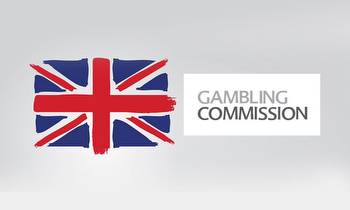Dutch Survey Confirms Young Adults See More Gambling Ads

A survey into the habits of Dutch consumers has indicated that people have been exposed to an increasing number of gambling-related advertisements. The survey has been conducted by the Netherlands Online Gambling Association and targeted adults who are at least of the legal gambling age in the country, 18. The study further focused on younger generations, looking into how those aged 18-34 interacted with gambling over the past 12 months and whether they have specifically noticed an increase in the number of gambling ads they have seen or heard.
The study is backdated to February 14-23, 2022, when the participants were interviewed. Regardless, the study concluded that every participant had been exposed to a greater level of advertisement this year alone. Essentially, the study found out that younger adults had been exposed to gambling on the Internet more often than in previous years. But interestingly enough, younger adults, according to the association, are just as keen to have gambling advertisements allocated to particular slots of the day, and preferably after 9 pm.
This aligns with the plans of the Dutch government. Young adults tend to be 25% supportive of the use of popular figures in gambling advertisements, which is still higher than the control group known as “other adults,” referring to adults older than 34. Some 22% of the respondents in the study said that they would not mind receiving or being sent gambling advertisements
The study’s findings come at a particularly important time for the Dutch gaming market which is experiencing more calibrations as it unfolds in earnest. The Dutch minister of legal protection, Franc Weerwind confirmed that the country would explore further how gambling operators that are licensed in the country position their products and promote them to younger adults aged 18-24. By law, no individual who is under the age of 21 should see or receive an advertisement.
Meanwhile, the study also offered insight into what the most preferred form of entertainment for Dutch consumers in the survey group is. Sports betting took the lead with 59% of all respondents acknowledging to have placed a bet in the past 12 months leading up to the study date and only 38% playing online games.
Regardless of their opinion of gambling, the bulk of all respondents has agreed that it should be down to operators to ensure that consumers are protected and that they do not have to worry about becoming addicted. Addiction, the majority of respondents argued, is seen negatively.
































